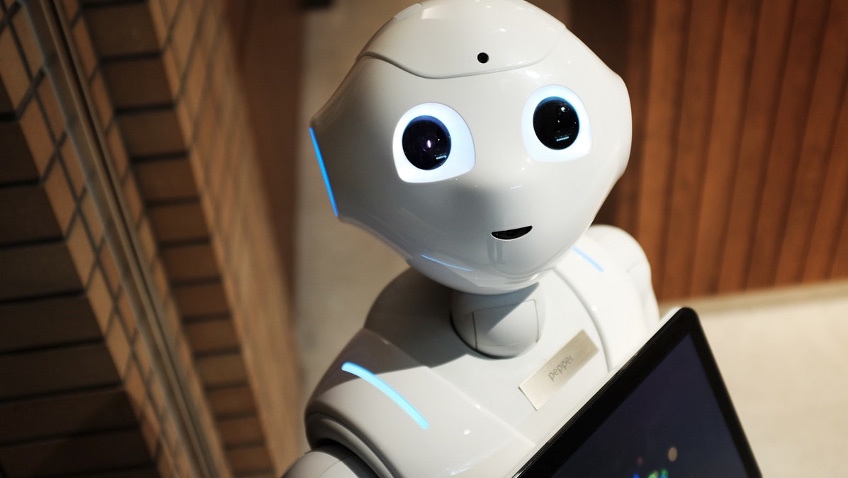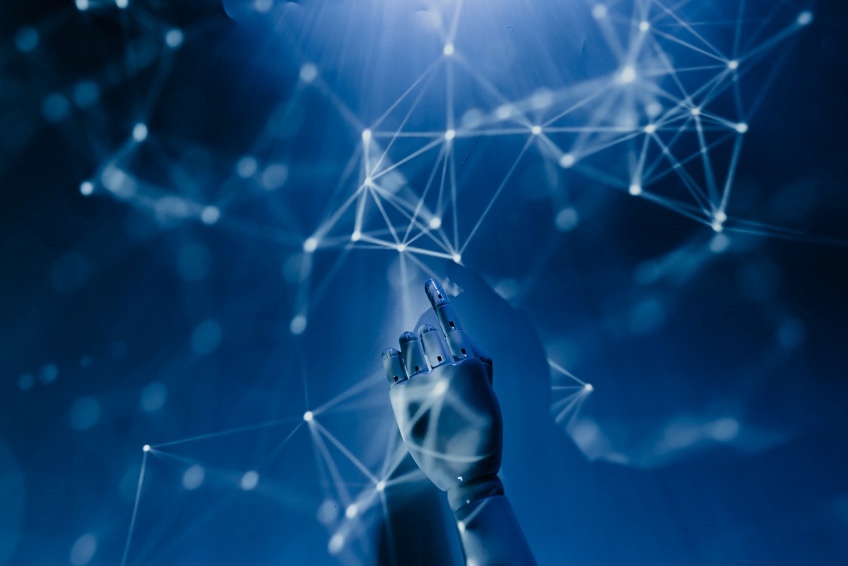The great leap forward in technology in recent years has brought about many changes in people’s daily lives, whether it is being able to communicate instantly with a relative living in another country, or working with computers to be more productive.
However, there is a technology that promises to take these transformations to a new level. If you want to know what machine learning is and how it will change the way we understand the world in the next decade, read on.
What is machine learning?
Machine learning is a branch of artificial intelligence that focuses on the ability of computers to learn by recognising patterns in large volumes of data, and then execute specific tasks more efficiently compared to the possibilities of a human being.
In particular, the business world can reap a number of benefits from machine learning. However, it is still not widely used, according to a report by ONTSI (the Spanish Observatory of Technology and Society), which reveals that only 4% of large Spanish companies use machine learning in their operations, mainly for Big Data analysis.
Despite this limited integration, this field within Artificial Intelligence may have certain revolutionary applications.
Machine Learning Applications
Machine learning applications are already being developed in different areas of society and should be booming in the next 10 years. We mention the most important of these below:
Health
In the field of medicine, systems will be developed through the use of data to predict diseases, provide optimised treatments to patients, develop new drugs and improve medical diagnosis associated with X-rays or imaging. At present, for example, there are already mechanisms to predict diseases such as breast cancer.
Transport
Another major change expected relates to the way you travel, as autonomous driving will become the norm. Cars will be able to drive autonomously through systems that control and optimise their movements. In addition, it provides greater safety by reducing the risk of accidents.
Supply
Machine learning will also play a key role in the food industry, allowing, among other things, the analysis of consumer behaviour to develop products that better meet their needs, improve the hygiene of a production plant, and optimise its supply chain.

Communications
When you call a company’s customer service to resolve a problem with a product or service, you will no longer be attended to by a person, but by a machine with the ability to interact naturally with people.
Music
If you thought artistic creations were the exclusive property of humans, machine learning proves otherwise. Today, there are algorithms capable of creating and performing their own music. In fact, there are estimates that in the next decade, between 20% and 40% of the top singles people listen to will originate from this technology.
Marketing
Having chatbots to attend customers at any time, knowing exactly what consumers’ requirements are to boost sales and cut the drop-out rate by identifying users at higher risk of leaving through more personalised communication strategies. These are some of the tools that machine learning will offer to marketing companies.
Education
Group teaching could be a thing of the past. With the use of tools such as machine learning, patterns are identified that allow us to establish personalised teaching for each student, so that they learn at their own pace and with particular methods or styles adapted to their tastes and needs.
Benefits of machine learning
Organisations that are making use of this technology are already enjoying its benefits. Among them include:
- Optimisation of Big Data analysis: machine learning makes it possible to process the large amount of data produced, facilitating decision-making based on the information they contain.
- Improved consumer experience: patterns in users’ browsing habits can be recognised, providing information of interest to users to improve their experience.
- Process automation: this technology can perform repetitive activities much more efficiently. In this way, tasks such as answering customer service calls or reviewing CVs can be automated.
- Cybersecurity: machine learning can recognise abnormal patterns of behaviour in online operations that pose a threat to an organisation.
As you can see, machine learning promises to generate important changes in different areas of society. We can only hope that these actions are put into practice and become widespread.











